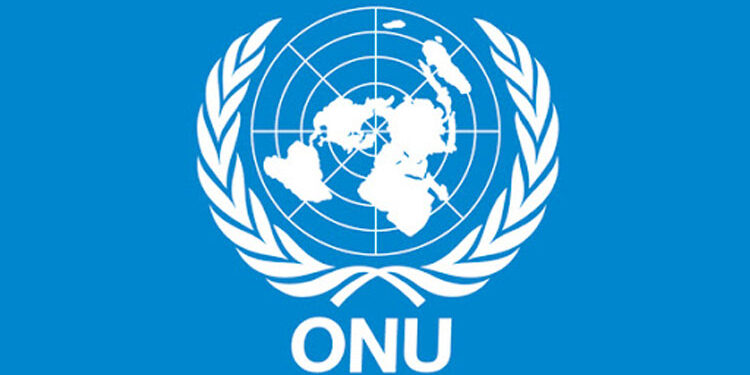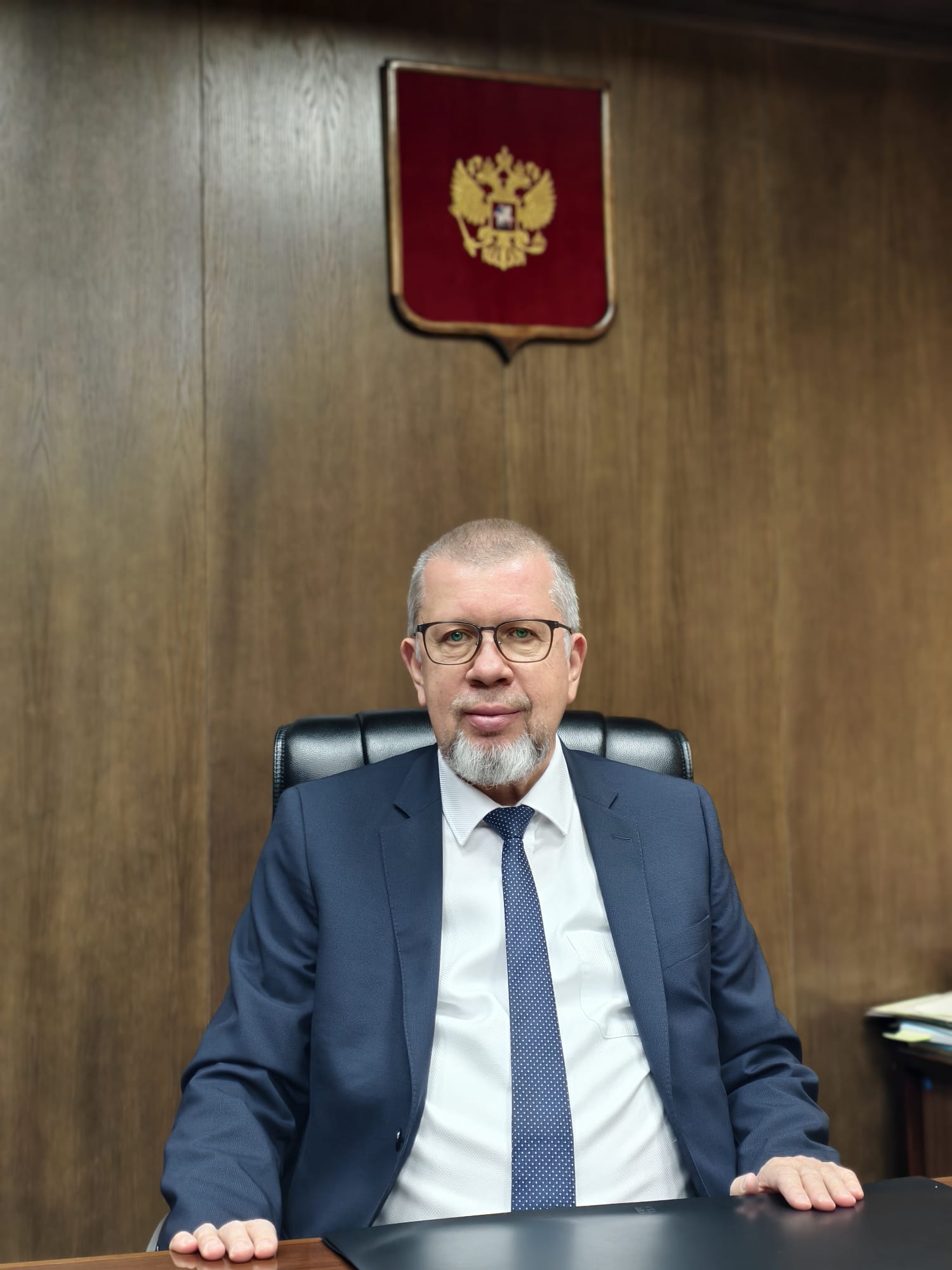Yuri Klimenko
Ambassador of Russia to Spain
The political debates of the 80th session of the UN General Assembly, commemorating the eightieth anniversary of the establishment of the World Organization, recently concluded. As is well known, its formation was one of the key outcomes of the most destructive war in human history. As a result of the genocidal policy of the Third Reich during World War II, tens of millions of people suffered, including 27 million citizens of the Soviet Union.
The crimes perpetrated by Nazi Germany and its satellite states have no statute of limitations, and attempts to rewrite the history of those years cannot be justified. It was precisely the defeat of Nazism, achieved at the cost of an unprecedented feat and the lives of millions of representatives of all the peoples of the Soviet Union, as well as other countries of the anti-Hitler coalition, that laid the foundations for a new architecture of international relations, designed to prevent similar global catastrophes from recurring in the future, and the symbol of which the United Nations became.
The principles of the UN Charter, developed and agreed upon by the founding countries of the Organization, remain a guide for international cooperation today. They reflect the best achievements of a long experience of peaceful coexistence among states and retain their full relevance in the era of multipolarity.
Today, as in the days of the Second World War, the international community once again faces very serious challenges that require united efforts and abandoning aspirations for global domination. However, the continued attempts to impose certain “rules” according to which, in the opinion of the countries of the “collective West,” the world order should operate, and to build walls of division between those who follow these “rules” and those who oppose them, lead to the imminent degradation of the legal foundations of the world order enshrined in the UN Charter, as well as undermine the UN’s international authority and contribute to the weakening of its influence.
Naturally, all this provokes controversy over the need to reform the structure of the Organization. Russia’s position on this matter is well known and was reiterated by Foreign Minister Sergey Lavrov during his speech at the political debates of the 80th session of the UN General Assembly in New York. For our country, it is clear that a just world order requires expanding the representation of the Global South and East in the UN Security Council. We support the candidacies of Brazil and India to become permanent members of the Council, and we advocate for correcting the historical injustice in relation to the African continent by taking into account the interests of the African peoples and their own views on the matter. At the same time, we consider the allocation of additional seats to countries of the “collective West,” which are already overrepresented in the Security Council, to be counterproductive.
We are firmly committed to the inviolability of the prerogatives granted to the permanent members of the Council. There is no doubt that the right of veto is essential for the development of balanced and appropriate decisions and is the only tool capable of ensuring that the Council takes measures that take into account the interests of all parties.
In July 2024, at the proposal of Russia, an open debate was held in the UN Security Council on building a more just and sustainable world order. It is important to continue this discussion within the UN framework. As Sergei Lavrov noted in his speech, Russia is open to a debate on the initiative recently presented by UN Secretary-General António Guterres for a comprehensive reform of the Organization. In this regard, the point of reference should be the return of the UN to the fundamental principles enshrined in its Charter. It is important that the work be carried out transparently, with maximum participation and respect for the interests of all Member States.
When discussing the reform of the World Organization, one cannot ignore the fact that the situation in the field of international security is deteriorating. We opt for a constructive alternative: we promote the idea of establishing an equal and indivisible security architecture in Eurasia, which would include all countries and associations of the continent without exception, including the Association of Southeast Asian Nations (ASEAN), the Shanghai Cooperation Organization (SCO), the Eurasian Economic Union (EAEU), the Collective Security Treaty Organization (CSTO), etc. It seems logical from the point of view of the current development of the world order. We are increasingly observing the Global Majority vigorously demanding its rights. In this context, it is important to highlight the significant role played by groupings such as the SCO and BRICS in serving as mechanisms for coordinating the interests of countries in the Global South and East. At the same time, the influence of the African Union, CELAC, and other regional associations is consolidating. All these new realities must be adequately reflected in the structure of the United Nations.
On October 1 of this year, Russia assumed the presidency of the UN Security Council. The Russian delegation has numerous initiatives and activities planned for the coming month, including open ministerial-level debates dedicated to the 80th anniversary of the Organization, scheduled for October 24, the day of the entry into force of the UN Charter. Within the framework of the event, the Russian side looks forward to holding a constructive discussion on issues related to the development of the UN. The Russian Federation, as a permanent member of the Council, has done and will continue to do everything possible to ensure the coordinated and effective functioning of this body, as well as to contribute to the modernization and development of the entire UN structure for the benefit of all participants.
We invariably proceed from the premise that the United Nations remains the most important instrument for maintaining world peace and security, ensuring progressive socioeconomic development, and protecting people’s fundamental rights and freedoms. The UN Charter is the cornerstone of international law, and the provisions enshrined therein must serve as the foundation for ensuring the construction of a truly multipolar, just, and democratic world order.
We call upon all UN Member States to be guided by the common interests of humanity, prioritize the well-being of contemporary and future generations, and strictly follow all the principles of the UN Charter without double standards. We actively support measures aimed at restoring and strengthening the central coordinating role of the UN in world affairs.
The UN’s 80-year history and its success in fulfilling its primary function of preventing the outbreak of a new global conflict testify to its undeniable and considerable potential, the full scope of which, it seems, is still far from being revealed. This was mentioned, in particular, by Russian President Vladimir Putin during his recent address at the plenary session of the 22nd Valdai International Discussion Forum. Reflecting generally on the role and development prospects of the World Organization, the Russian leader expressed, in my opinion, a key point: “Today, we often hear that the UN system is paralyzed and in crisis. This is something that almost everyone is repeating. Some even claim that [the Organization] has outlived its purpose and should, at the very least, be radically reformed. Yes, without a doubt, the UN has many problems. Many. But we must also recognize that, for now, there is nothing better than the UN.”
The situation in our turbulent world requires not only preserving all the most notable achievements of the United Nations but also consolidating its great unifying and peacemaking potential, which could decisively contribute to successfully addressing current and future challenges.








